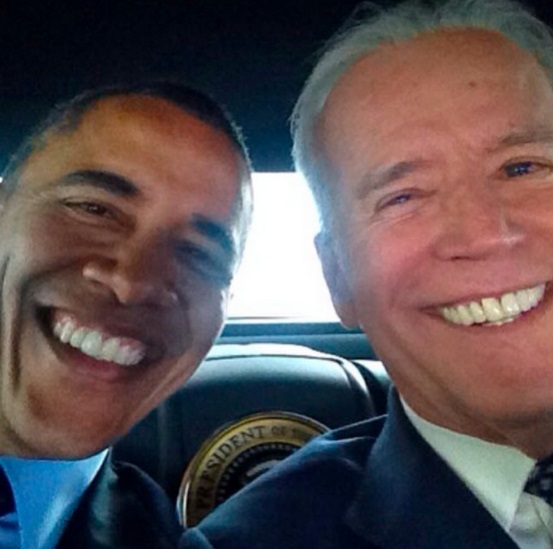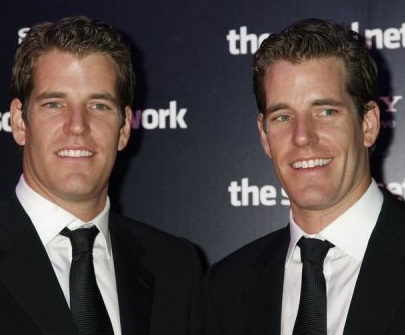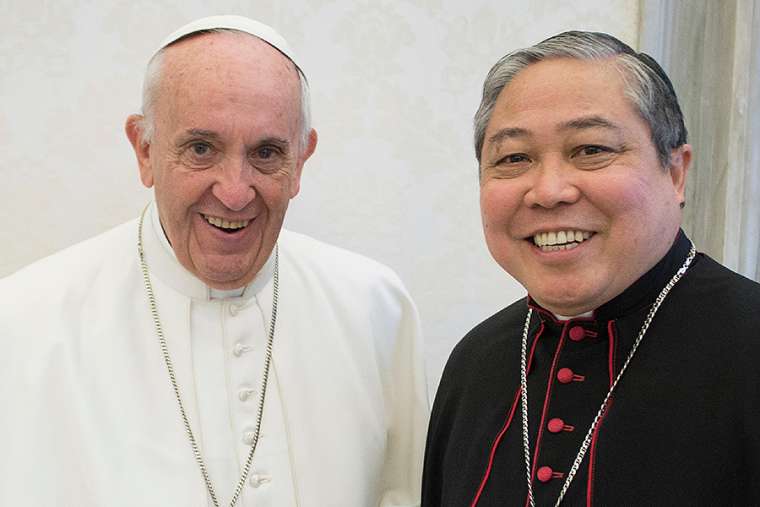Mulling Peyton Manning’s future in football: Does age matter?
By Ludy Astraquillo Ongkeko, Ph.D.
The latest Super Bowl had just taken place on February 7th. If there is one sport on these shores that commands a veritable following, it is football, as comprehended in the American system. It is far from the ‘football’ nomenclature that continues its significance in other continents observed in Latin America, Europe, Asia and Africa that responds overwhelmingly to the name: soccer.
Against the backdrop of the Golden State’s fabled City by the Bay, Super Bowl lived up to its equally fabled title as ‘super.’ It was a match between age and youth as quarterbacks’ chronology goes.
This story will not go into statistics covered by sports writers. Enough to describe the outcome as figures state: Super Bowl 2016: 24-10 win by the Denver Broncos, led by quarterback Peyton Manning over the Carolina Panthers’ Cameron Newton.
Yet, there’s more and much more than statistics would draw considerable attention to.
Much was written about the rehabilitation process that Peyton Manning had gone through to reach his team’s Super Bowl’s date. There was reference in recent past to “blood, sweat and tears,” that the Manning reputation had to undergo.
His physical rehabilitation was focused on his recovery from a torn plantar fascia in his left foot.
Even Archie Manning, father of Peyton who started the love for football among his sons expressed doubts about the Denver quarterback’s return. “I didn’t think he was going to play again. His foot was bothering him,” he was quoted in the press.
The father summed up Peyton’s recovery: “Through it all, the good times he had, and all the great health he enjoyed for so many years became positive signs in reference to his return after he had missed so many games.”
What Super Bowl 2016 has meant and will mean to family ties are going to be significant facets to the global population, not just those concerned with the universe of sports, but to the world-at-large.
Indeed, truly close to the fourth decade of life, Manning’s physical recovery laced with his family’s belief in him, became key to his return to his role as a quarterback.
Described as the oldest starting quarterback in the history of Super Bowl, Manning’s future decision to resume his profession, what has not been reported thus far, whether or not the athlete himself has not confirmed his plans at all. That the game that captured the focus of February 7th was his last hurrah has been subject to speculation.
But his mother, Olivia Manning, was heard to state as news reports aired her opinion: “Oh, my goodness, I guess more than I’ve ever wanted any of them. Just
because he’s been through a lot, he’s gong to be 40 years old…To get a win for the Broncos, Denver’s a great city and great team. He loves this team. To get a win for them.”
The mother’s son did not indicate at all what his immediate future in football would be.
“I’ll take some time to reflect. I have a couple of priorities first. I want to go kiss my wife and my kids. I want to hug my family. I promise you that I’m going to take care of those things first, and say a little prayer to thank the man upstairs for this great
opportunity.” That was Manning talking about his immediate plans.
The losers, the Carolina Panthers led by the NFL’s most valuable player, Cam Newton, a winner of the much coveted Heisman Trophy — he led his college team to a college football national championship –remarked when asked about his team’s loss: “We dropped balls. We turned the ball over. We gave up sacks. We threw errant passes. That’s all.”
It certainly looked like the most dismal experience of the young quarterback. Yet, he ended his comments fittingly. “We’ll be back.”
But Peyton Manning, the quarterback that led the Broncos’ historical Super Bowl victory, his second such triumph, did not add nor subtract whatever comments regarding his football future would be.
It does look like Manning’s decision won’t be heard of immediately.
Therefore, does age matter? If the aging quarterback would still wish to be part of football, does age truly matter?











